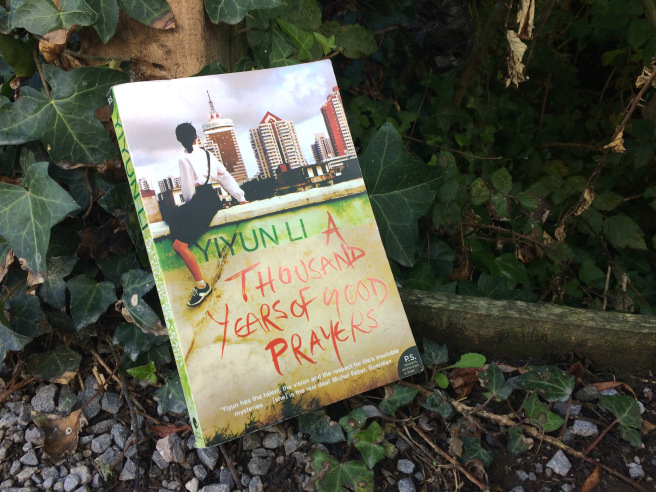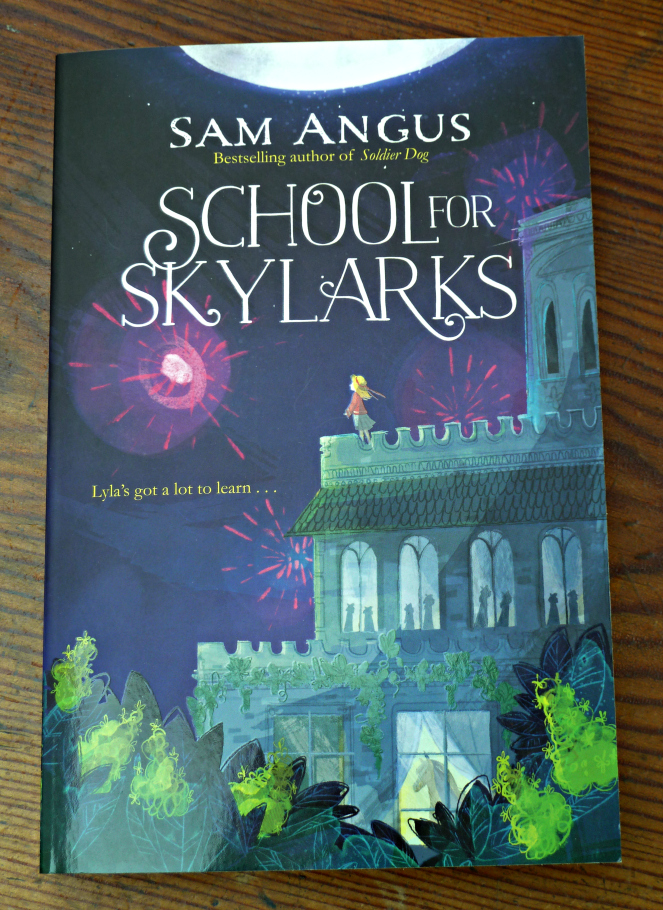Crossing the border north of the Korean peninsula, my Booktrotting journey now comes to China, where short story writer Yiyun Li probes the long and complex history of a modern world power.
Then we have a short decade of republic, the warlords, two world wars, in both of which we fought on the winning side yet winning nothing, the civil war, and finally we see the dawn of communism. The day the dictator claims the communist victory in our country, a young carpenter in our town comes home to his newly wedded wife.
The People’s Republic of China—one of the largest countries in the world, with a population of over 1.3 billion and measuring almost 10 million square kilometres in land area. Its borders contain 56 officially recognised ethnic groups speaking almost 300 languages; its history sprawls back millennia, growing from early civilisations in the cradle of the Yellow River to today’s modern power, via periods of dynastic and imperial rule, presidential republics, communist regimes and controversial annexations.
As you can imagine, any attempt to explore the society and history of such a country through fiction could have a thousand starting points. The focus of a historical novel was obviously one option (Japanese occupation in Empire of the Sun, for example, or Mao’s Cultural Revolution in Wolf Totem), though something set closer to the present like Wild Swans or Do Not Say We Have Nothing would have been equally fitting. I even considered splitting China into two Booktrotting posts, pairing one contemporary novel with one of the country’s Four Great Classical Novels.
In the end, however, I chose to explore China through A Thousand Years of Good Prayers, the debut short story collection by Chinese-American writer Yiyun Li. I’d not heard of Li before researching for this project, but (as I said in my last entry for Krys Lee’s Drifting House collection) I’m a huge fan of short stories—especially in this context, when the nine or ten different narratives become an opportunity to explore a variety of aspects of society, rather than focusing on just the one as most novels do.
 Shanghai skyline, dawvon / CC-BY-2.0
Shanghai skyline, dawvon / CC-BY-2.0
Initially, I wasn’t expecting Good Prayers to impart much about China’s past. For starters, it’s only a mere 203 pages long—even if each story was inspired by a different event in Chinese history, there would inevitably be far more left out than included.
And secondly, each of Li’s stories take place in modern-day China rather than the past. Her characters visit Starbucks’ and stockbrokers; they escape into Internet chat rooms, and work in nuclear research facilities. There are no adventure tales of feudal warlords, no Mongol hordes or Japanese invasions.
Instead, Li’s stories follow ordinary, everyday Chinese: a young woman with an unwanted pregnancy, a schoolteacher dreaming of America, two parents overwhelmed by their daughter’s cerebral palsy. Her subjects are human affairs and interpersonal relationships, not the grand socio-historical narrative of China itself.
 Erhai Lake, Yunnan, Ariel Steiner / CC-BY-SA-3.0
Erhai Lake, Yunnan, Ariel Steiner / CC-BY-SA-3.0
However, what really struck me when I read Good Prayers was just how much of China’s complex history Li was able to include and convey in her ten short stories.
She opens with the Asian Financial Crisis, unemployment and the one-child policy in ‘Extra’ and ‘After a Life’. ‘The Princess of Nebraska’ addresses the Cultural Revolution in Inner Mongolia; in ‘Immortality’ she links Mao with China’s former emperors in a tale of personality cultism. Rural traditions and out-of-touch superstitions also come into focus in ‘Persimmons’ and the closing title story, whilst in ‘Son’, Li introduces American capitalism to a bemused communist generation.
Of course, Li’s stories aren’t a perfect lesson on the history of China—Good Prayers is fiction, after all, not a textbook. But that doesn’t take away from what this book does so well, which is to give a kind of crash course not just in what it might be like to live on the ground in modern-day China, but also the context in which such a life exists.
 Shigatse Dzong, Tibet, Antoine Taveneaux / CC-BY-SA-4.0
Shigatse Dzong, Tibet, Antoine Taveneaux / CC-BY-SA-4.0
But what I noticed whilst reading was that, even with such a solid historical grounding, Li somehow manages to avoid using events like the Financial Crisis as the central themes of her stories. It would be wrong to say Good Prayers is about people living through and dealing with China’s landmark episodes; rather, its stories are about people whose lives have been inevitably affected by the country’s past, but remain separate from it—the same way we can be affected by Brexit, for example, without necessarily becoming defined by it.
Whether that’s a particular quirk of Li’s or something that’s characteristic of Chinese writing in general, I’d like to find out—the absence of the past tense in the Chinese language makes me wonder if it’s the latter. Fortunately, there is a lot of great Chinese literature out there for me to try next (like those other novels listed up above), and I’m looking forward to delving further into China’s past and present.
For my next Booktrotting stop I’ll be heading south across the Himalayas to India, where Rohinton Mistry’s A Fine Balance tells the violent story of the 1975 Emergency.
Advertisements Share this:- Share






